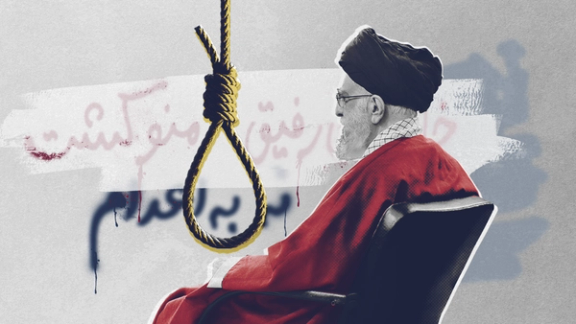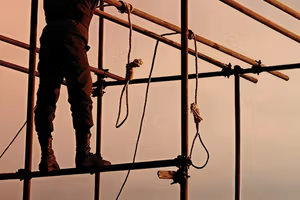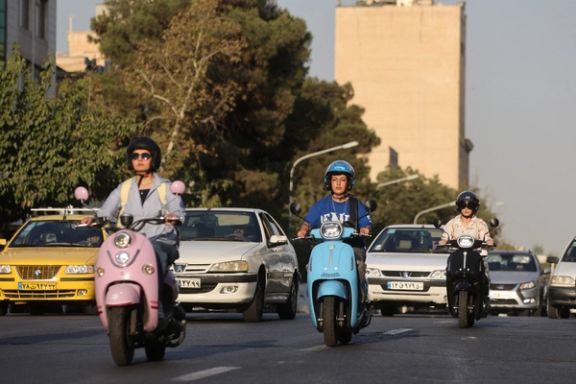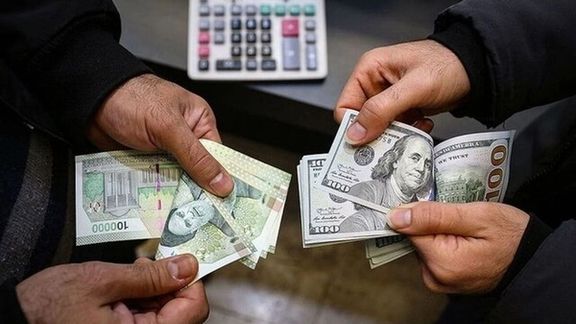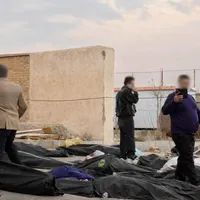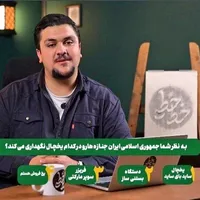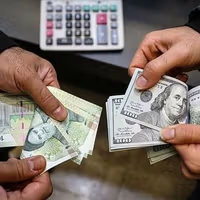Foreign Minister Abbas Araghchi told state TV that the Cairo agreement with International Atomic Energy Agency (IAEA) chief Rafael Grossi “recognizes Iran’s legitimate security concerns,” aligns cooperation with a new domestic legal framework, and does not by itself reopen facilities to inspectors.
“Based on this agreement, no access is being granted to IAEA inspectors at the moment,” he said. “The nature and scope of inspectors’ access will be discussed in due course after Iran submits its reports, and any access will be negotiated at the appropriate time.”
Araghchi said one exception continues under an earlier decision. “No access is granted now except at the Bushehr power plant due to a fuel change. This access was approved by the Supreme National Security Council and is ongoing,” he said.
He stressed that the document reflects Tehran’s post-June war posture. “A new situation was created after the attacks on our nuclear facilities. Cooperation cannot be the same as before and must take a new form,” he said.
“The agreement has accepted Iran’s security concerns as legitimate, recognized Iran’s rights, and defines a new shape of cooperation with the Agency. This was exactly what we sought.”
Cairo pact cleared by top authorities
Araghchi said the government’s approach has been cleared at the highest level. “The negotiations and the provisions needed to meet our concerns were raised and approved at the Supreme National Security Council,” he said, adding that under Iran’s law “everything must be approved by the SNSC, and that pathway is recognized in this document.”
He also tied the accord’s implementation to the broader diplomatic track with Europe, which has triggered the UN “snapback” mechanism to restore sanctions unless monitoring advances.
“I must emphasize that the validity and continuation of this agreement depend on there being no hostile action against the Islamic Republic, including activation of snapback,” Araghchi said, echoing similar remarks by Grossi earlier in the day.
'Deal is void if sanctions return'
“I said clearly in the negotiations, to our Egyptian hosts and at the press conference, that if any hostile action is taken, including the reinstatement of cancelled UN Security Council resolutions, Iran will consider these practical steps null and void.”
Araghchi called the Cairo talks “a step in the right direction to remove pretexts” used by critics. “It disarms those who sought to exploit the situation for their own purposes,” he said, while thanking Egypt’s president and foreign minister for facilitating the discussions.
Grossi, briefing IAEA member states in Vienna earlier in the day, described the technical document as setting out procedures for inspections, notifications and reporting and said it is intended to restore safeguards activity across Iran’s declared program.
“This includes all facilities and installations in Iran, and it also contemplates the required reporting on all the attacked facilities, including the nuclear material present at those,” he said.
He added that safeguards approaches for each site would be reviewed at a technical level “in line with the rights and obligations of Iran and the Agency under the NPT Safeguards Agreement, which are not modified or amended as a result of these practical steps.”
Grossi said resuming work after the June strikes that forced inspectors to withdraw would not be “an automatic or simple bureaucratic process,” but welcomed what he called Iran’s stated decision to remain within the Nuclear Non-Proliferation Treaty framework.
“Iran and the Agency will now resume cooperation in a respectful and comprehensive way,” he said, while cautioning there could be “difficulties and issues to be resolved” during implementation.
Britain, France and Germany began the snapback process in late August, saying they would pause it only if Iran restored inspections, accounted for its highly enriched uranium stockpile and engaged in nuclear talks with the United States.
Diplomats say whether the new steps will be sufficient to head off sanctions will hinge on how quickly inspectors can resume work on the ground and whether Tehran provides a full accounting.
Araghchi emphasized that the new arrangement is calibrated to Iran’s internal law while keeping a door open to technical engagement. “The new framework moves exactly along the path set by the parliament’s law,” he said. “It pays attention to Iran’s security concerns, recognizes Iran’s rights, and defines a new shape of cooperation with the Agency. We hope this will advance a diplomatic solution—provided the other side is serious about one.”

